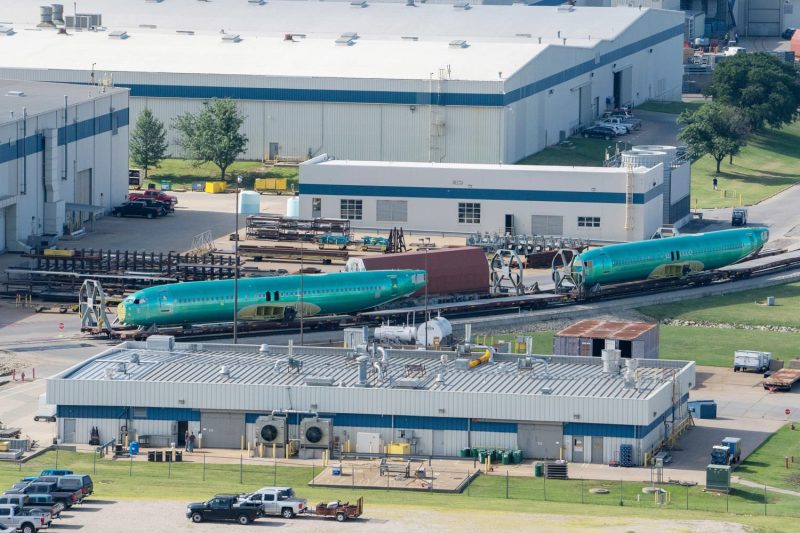As the ongoing Boeing machinists’ strike continues to unfold and exert pressure across the aerospace industry, the ramifications continue to ripple out, most recently impacting Spirit AeroSystems. Spirit AeroSystems, a critical supplier of fuselage sections and other components for Boeing’s planes, has announced that they have been forced to furlough approximately 700 workers in response to the current labor dispute.
The furlough decision impacting Spirit’s Wichita, Kansas, and Tulsa, Oklahoma, facilities noticeably punctuates the drastic effects the Boeing machinist strike is having on the aerospace supply chain. Following the strike’s commencement on Sept. 6, Boeing shuttered its commercial airplane production, which necessitated comparable shifts throughout its supply chain, including significant firms such as Spirit AeroSystems.
Wichita-based Spirit AeroSystems, typically known for manufacturing about 70% of a Boeing aircraft’s structure, including substantial portions of the fuselage, has been excessively hit hard by this continued strike, thus resulting in the decision to furlough a segment of its workforce.
Earlier this week, Spirit communicated the intended reduction to its workers, elaborating that it pertained to those involved in “supporting activities” rather than those directly linked to production processes. While the exact timeline of these layoffs remains uncertain, initial reports indicate that they could start as early as next week.
In the context of wider industrial causality due to this contentious strike scenario, Spirit AeroSystems follows other suppliers such as Triumph Group and Hexcel, who have also needed to adjust their workforce in response to halted Boeing aircraft production.
Although the Boeing machinist strike has severely impacted the aerospace industry, it’s crucial to note that Spirit AeroSystems seems to have proactively managed the situation in order to preserve the major chunk of their workforce. Despite the short-term economic implications, the focus appears to be on employee retention and ensuring business continuity, as Spirit continues to meet its obligations to other customers in the face of a challenging crisis.
As for the individual workers directly affected by this furlough, the implications are genuinely gravitating. In a meticulously interlinked industry where many companies, such as Spirit AeroSystems, heavily rely on Boeing’s production for their revenue stream, the strike’s profound effects cannot be underestimated.
The labor dispute between Boeing and its machinist union is carving a disruptive path through the wider aerospace industry. It’s spotlighting the delicate balance within such a massively integrated global supply chain. Such a situation calls for not only an expedited resolution to this stand-off but also the necessity for the industry to devise mitigating strategies against similar disruptors in the future. The resilience and adaptability of companies like Spirit AeroSystems, exemplified by its strategy to furlough workers while retaining a majority, signify the robust character of the aerospace industry to weather crises and bounce back.
